Humanism • Spirituality • Well-being
-
0
Product
Products
No products
To be determined
Shipping
0,00 €
Total
Prices are tax included
Product successfully added to your shopping cart
Quantity
Total
There are 0 items in your cart. There is 1 item in your cart.
Total products
(tax incl.)
Total shipping (tax incl.)
To be determined
L'analyse des rêves - Tome 1
Jung reveals his method and practice of reading dreams symbolically
1 Item
In stock Delivery 2 to 4 days
Description
For Jung dreams are the primary way of accessing the unconscious, a point of view quite at odds with Freud’s. For Jung, the dream is not sleep’s “guardian”: it does need to be decoded for its hidden meaning to be revealed: as with the Talmud, Jung maintains that the dream is its own commentary, and its interpretation consists in discovering its internal meaning. This gives rise to the comparative work between mythological or religious motifs, and symbolic formations that reveal their ethnology and anthropology. In this seminar (1928-1930), Jung does not limit himself to producing a theory of dreams. By means of the concrete examples that he discussed with his students, he also here presents his method and practice of reading dreams symbolically, thereby putting his immense knowledge within our reach in a style that is at once direct and remarkably engaging.
Characteristics
| Author | CARL GUSTAV JUNG | |
| Editor | ALBIN MICHEL | |
| Number of pages | 444 | |
| Type of book | Broché | |
| Language | French | |
| Dimensions | 15 x 22,5 |
Sleep - Dreams
-
Books
- Western traditions
-
Western mystical authors
- Bacon Francis
- Boehme Jacob
- Bruno Giordano
- Davy Marie-Madeleine
- Desjardins Arnaud
- Dürckheim Karlfried Graf
- Eckartshausen Karl von
- Lévi Eliphas
- Maier Michael
- Maître Philippe
- Mystiques chrétiens
- Papus
- Paracelse
- Pic de la Mirandole Jean
- Saint-Yves d'Alveydre Alexandre
- Schwaller de Lubicz René Adolphe et Isha
- Sédir
- Souzenelle Annick de
- Steiner Rudolf
- Swedenborg Emmanuel
- Teilhard de Chardin, Pierre
- Vinci Léonard de
- Oriental traditions
- Oriental mystical authors
- Other traditions
- Religions
- Symbolism - Wisdom- Spiritual practices
- Philosophy- Utopias
- Prayer - Meditation- Visualisation
- Science and spirituality
- Gift books
- Arts divers (Peinture - Sculpture - Architecture - Danse ...)
- Music
- Novels - Tales - Poems
- Biographies
- Audiobooks
- Health
- Psychology
- Inner fulfilment
- Children' s books
- Death - NDE - Palliative care (support to the terminally-ill)
- Reincarnation - Karma
- Ecology - Nature
- Feng Shui - Geobiology
- Tarots - Pendulums
- Foreign mystical literature
- Coffee-table books
- Rosicrucian books
- Martinist books
- Incense
- Ritual objects
- Music
- Health and well-being
-
Gift Ideas
- Traditional objects
- L'esprit de la Chevalerie &
- Nature
- Terrestrial, celestial, and planetary globes
- Le plaisir d'écrire
- Postcards - Stationery
- Candles - Candle holders - Candle snuffers
- Parfums d'intérieur
- Jewellery
- Home and garden decoration
- Children
- Divinatory arts
-
Noël 2025
- Hildegarde de Bingen
- Lumières du Moyen Âge
- L'esprit de la Chevalerie
- La quête de la Lumière
- Beaux-Livres
- Le plaisir de lire
- La méditation
- Le jardin secret
- Les murmures de la nature
- La langue des oiseaux
- Beauté de l'univers
- L'âme de la rose
- Encens rosicrucien
- Encens divers
- Rêves d'Orient
- L'Égypte, terre de Tradition
- Le monde des senteurs
- Bijoux
- L'enfance
- Noël
- Cartes de fin d'année
- Rosicrucian and Martinist items
from 95€
change your mind
payment





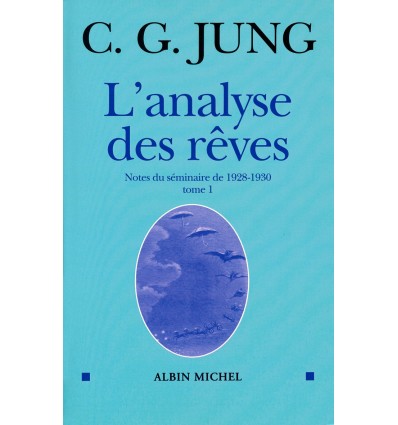

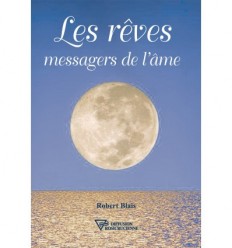

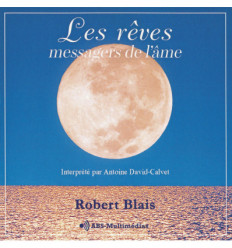
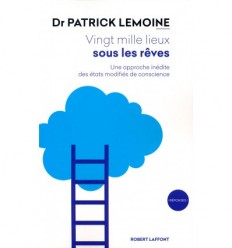
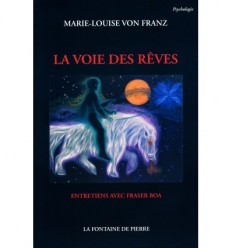
Follow us